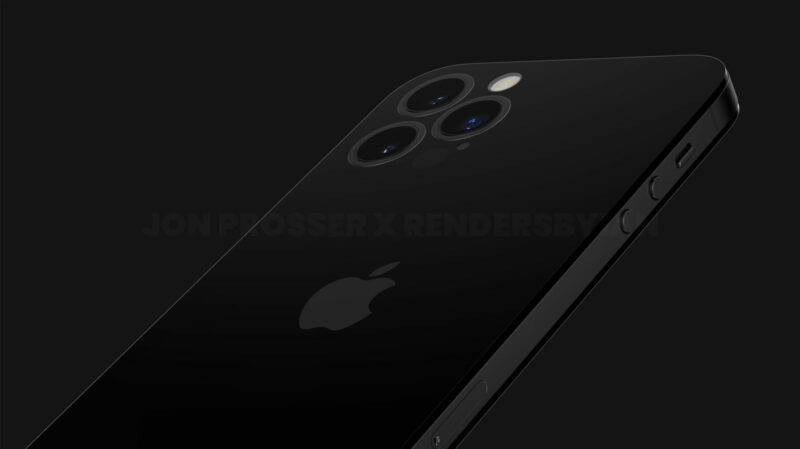
Back in December, it was rumored that Apple will be launching eSIM-only iPhones this year and ditch the nano-SIM card tray entirely. GlobalData analyst Emma Mohr-McClune begs to differ. She stated that Apple will not immediately switch to eSIM-only iPhones entirely. Instead, it is possible that Apple could offer an eSIM-only model of the iPhone 14, alongside the regular models with both eSIM and a nano-SIM card tray.
Mohr-McClune noted that it was only a matter of time until Apple eventually ditches the SIM card tray entirely. In the interim, the company will reportedly give carriers the option to sell the upcoming eSIM-only iPhone model along with eSIM plus physical nano-SIM models.
We don’t believe that Apple will take the ‘big bang’ approach—getting rid of existing systems and transferring all users to eSIMs—but rather launch an eSIM-only variant of its upcoming new model—retaining the dual eSIM-plus-physical SIM slot model for the mass market and its key carrier channel.
To that end, we believe telecom companies will be given the choice of whether to stock and sell a new eSIM-only iPhone variation alongside more cellular business-friendly dual eSIM/physical SIM support models.
What is eSIM?
An eSIM is a digital SIM that allows you to activate a cellular plan from your carrier without the need of a physical nano-SIM. It offers the added convenience of letting you add, delete and configure multiple phones — right from your iPhone’s settings. However, there’s one catch — your carrier will need to support eSIM technology.
The analyst’s prediction that some iPhone 14 models could retain nano-SIM card trays sounds plausible, considering that many carriers worldwide still do not support eSIM. However, Apple has been making headway when it comes to the adoption of eSIMs. The iPhone XS, iPhone XS Max, and iPhone XR were the first to get eSIM support back in 2018. The iPhone 13 and iPhone 13 Pro models are one step ahead with support for dual eSIMs. More than 100 carriers worldwide offer eSIM services, and you can expect more carriers to extend support this year.
[Via GlobalData]